PRESIDENT BUHARI RECEIVES ILO TEAM 0A&B; President Muhammadu Buhari addresses the Director-General of International Labour Organisation, (ILO), Mr Guy Ryder and his team during an audience with the President at the State House Abuja. PHOTO; SUNDAY AGHAEZE. AUGUST 1 2019.
At a recent discussion on Nigeria’s economic perspectives, there was all round lamentation on the limited impact Economic theory as a tool has made in mapping out national development objectives. One discussant was pointedly dismissive, ‘’we have Economic departments in virtually all our universities. We also have government and private sector economic research institutes, yet our economy continues to struggle’’ he said.
Perhaps it is in recognition of this, that President Buhari recently appointed a team of economic experts headed by Professor Doyin Salami to advise him directly on the economic choices he needs to make in order to better run the economy. The team is well-mixed and inclusive of the broad spectrum of economic theory and praxis; from Milton Friedman monetarists to Keynesian supply-siders, to Development economists and stock market experts. As far as the theoretical side of the task is concerned, the team is locked and loaded (apologies to President Trump). But that is just one side of it.
The more critical side of the task is to see whether the team will courageously break rank with the strictures of economic thinking in Nigeria and fashion out a new economic paradigm taking in the entire gamut of economic activities and relations in the Nigerian economy. I say this because one justified criticism of economists in Nigeria is that they tend to concentrate their scope of thinking and advice more on what they like to call the formal sector comprising of the economic activities of government and the organized private sector. This stems from the belief that only these two are the pivot of the economy and whatever else that lie outside matters only marginally. But there is certainly more to the Nigerian economy than that.
Take for example the sector that our economists refer to as the informal sector. I stand to be corrected but the total quantum of economic activities in this sector if well measured is likely to be at par or even bigger than the formal sector.
Advertisement
Let us take the beef subsector of the livestock industry as an example. The end product of it is in the beef we consume in various forms as suya or in our pot of soup and served in our plates. Behind this end product is a value chain that starts from the herders, the buyers, transporters to various cattle markets across the country, to the abattoirs and slaughter houses right down to the end users.
In terms of value this is a multi-billion naira operation employing thousands of people across the country and responsible for the livelihoods directly and indirectly of thousands more. As it is with the beef subsector so also the others in the informal sector. Have our economists factored in the economies of scale that this subsector brings to the economy?
Then we take agriculture. We all want to see a return to the famous Kano pyramids and hanker back to the days when Nigeria was a major producer and exporter of primary products in the world. With the quantum of produce in Nigeria agriculture should be strongly along with oil as the mainstay of the Nigerian economy. The commodity boards that we used to have should have led to the formation of a commodity exchange where derivatives and futures in commodities can be traded by small, medium and large commodity traders. A commodity exchange will provide our farmers the opportunity to access capital and plan their produce yield based on market trends thereby cushioning against the vagaries of local and global fluctuations of commodity prices.
Advertisement
If our economists require any help in this direction, they need to take a look at the scale of economic activities and relations at the Dawanau agricultural market in Kano which is arguably the largest of such in West Africa. Although not as sophisticated as the modern commodity exchanges in the developed world, the proceedings at the Dawanau market is similar to what obtains abroad. Our economists probably have missed the Dawanau and similar other agricultural markets in the country because they do not fit into received mode of classical economic thinking on which our economists have been weaned on. But in those markets are lessons in economies of scale that could develop and transform the agricultural sector in the country.
As it is with agriculture, so with oil. More than a half century of the discovery and operations of oil and being the sixth largest exporter of the commodity in the world, Nigeria’s crude oil is still designated and traded abroad. There is virtually no oil and gas index in the Nigerian oil industry; no serious oil market derivatives for oil traders to pool and access capital for their operations.
If my reading of him is correct I believe that one of the reasons president Buhari constituted the economic team is to find a pathway to the diversification of the economy which he promised Nigerians. He would want and expect the economic team to give him a practical, realistic blueprint taking in all the strands of economic activities and relations for the take-off and growth of the economy as envisioned by the president.
Still on the P&ID Saga
In my piece of last week, I lamented on the seeming lack of diligence on the part of government on the P&ID saga. It is heart-warming to note that the government has woken up from its lethargy on the P&ID issue by taking the initiative in fighting the case for Nigeria on what is quite clearly a scam against the country. On the justice side we have seen some investigations leading to the prosecution, arrests and judgements against the company and some of the persons linked to it. More investigations are on-going. A powerful delegation led by the Attorney-General travelled to London to put our case forcefully and firmly.
Advertisement
But I have not seen any strong effort on the diplomatic front. Particularly I would like to see engagements with the Republic of Ireland where the owner of P&ID late Michael Quinn and his son who is continuing with the case come from. Ireland does have some very prominent economic presence in Nigeria in the form of a very well-known and popular brewing brand. Since it is a matter that involves the sovereign wealth of Nigeria, president Buhari should engage the Irish Prime Minister (Taoiseach in the gaelic language of Ireland), Leo Vradkar to help resolve the matter. The Irish brewing company in question has Nigeria as its second largest market after Ireland, and things will definitely go pear shaped if this scam perpetrated by his countrymen is allowed to stand.
Views expressed by contributors are strictly personal and not of TheCable.
1 comments

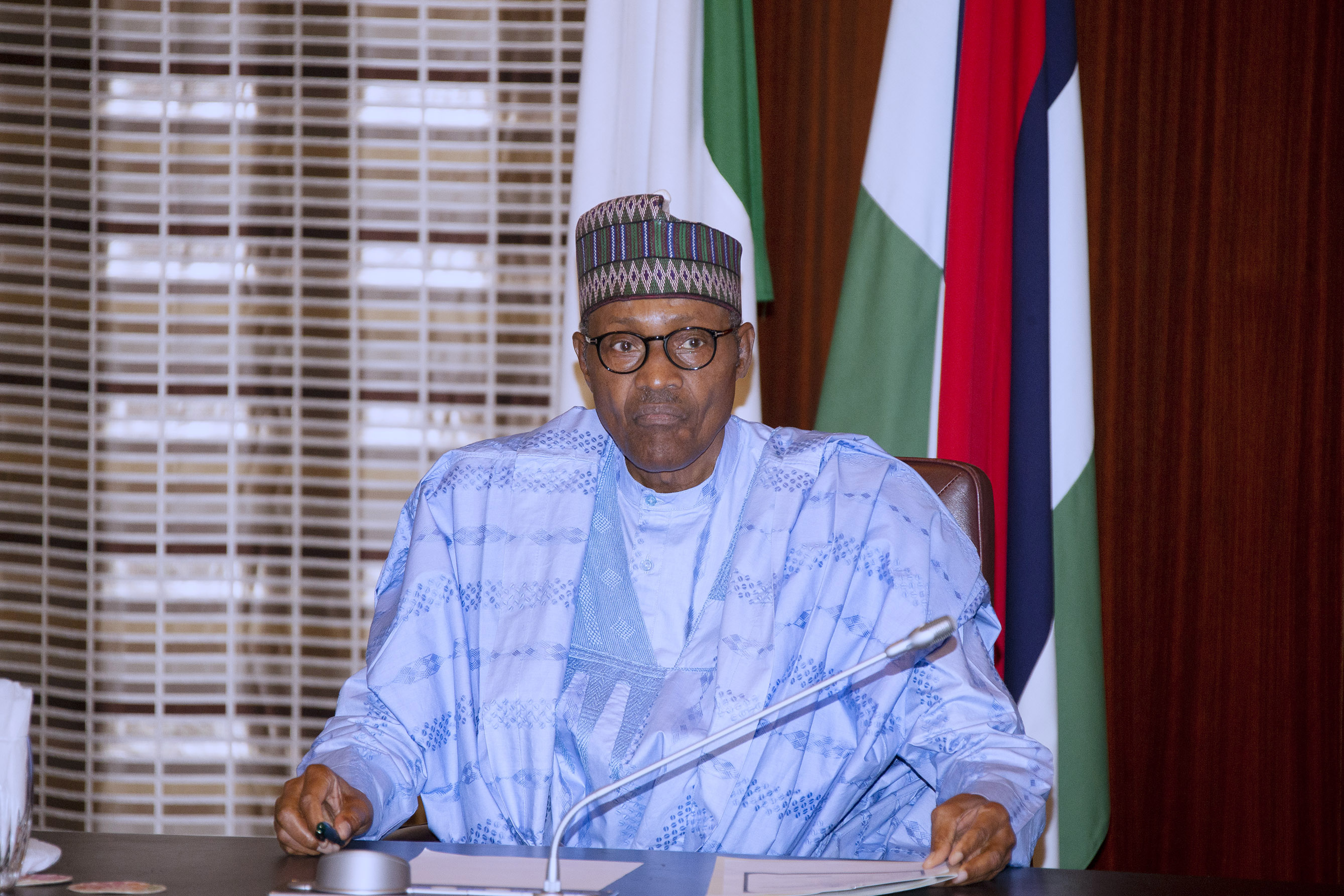

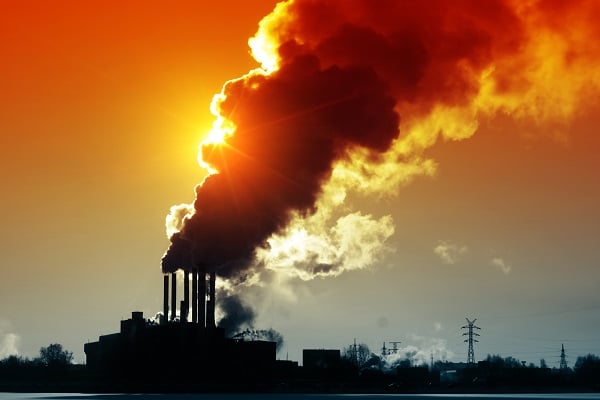
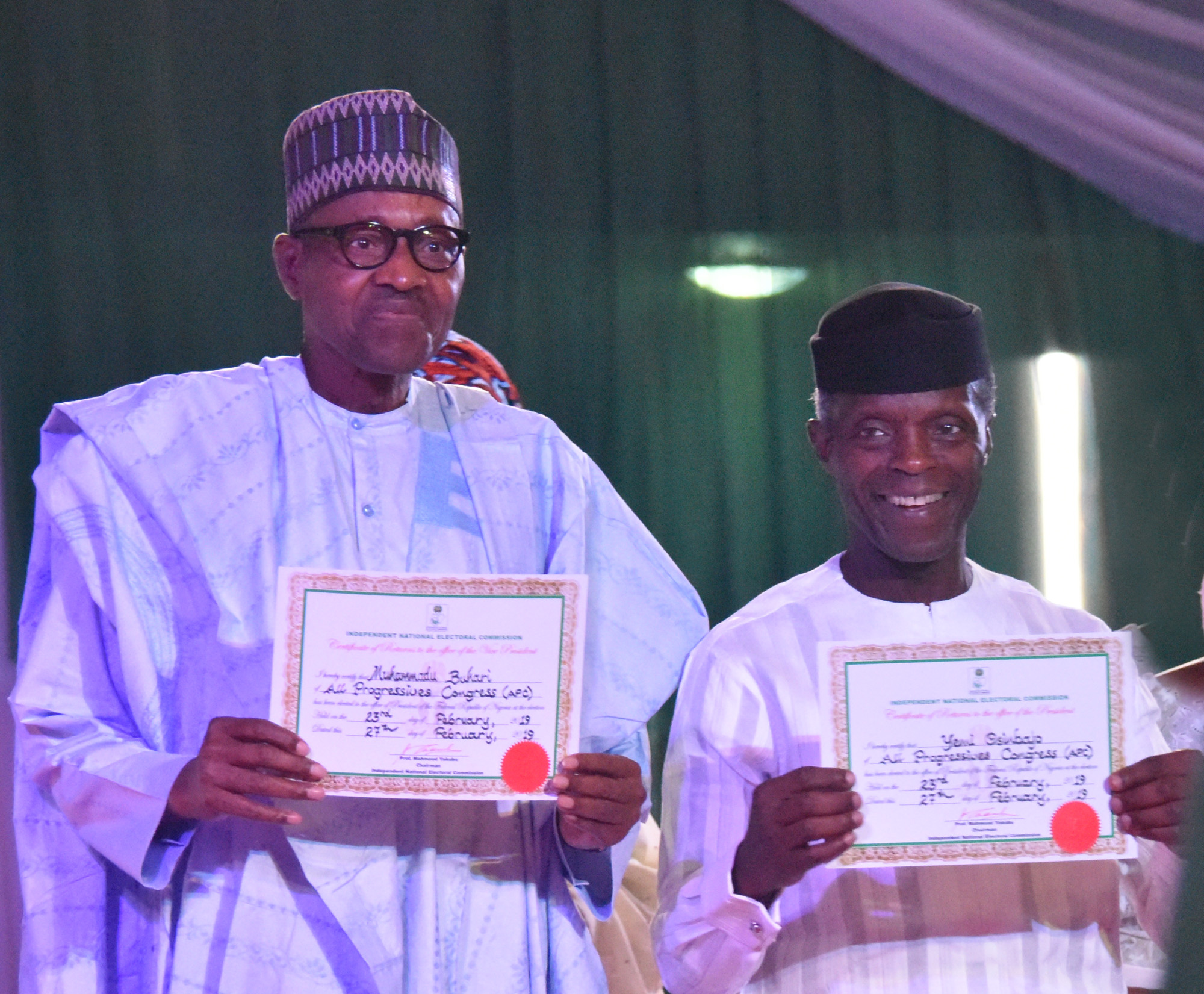
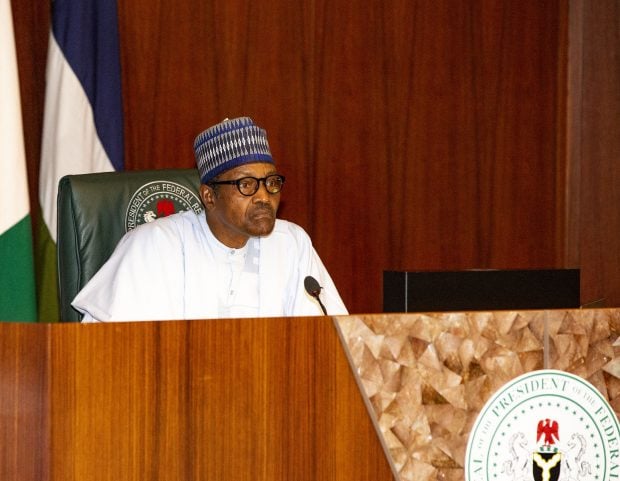
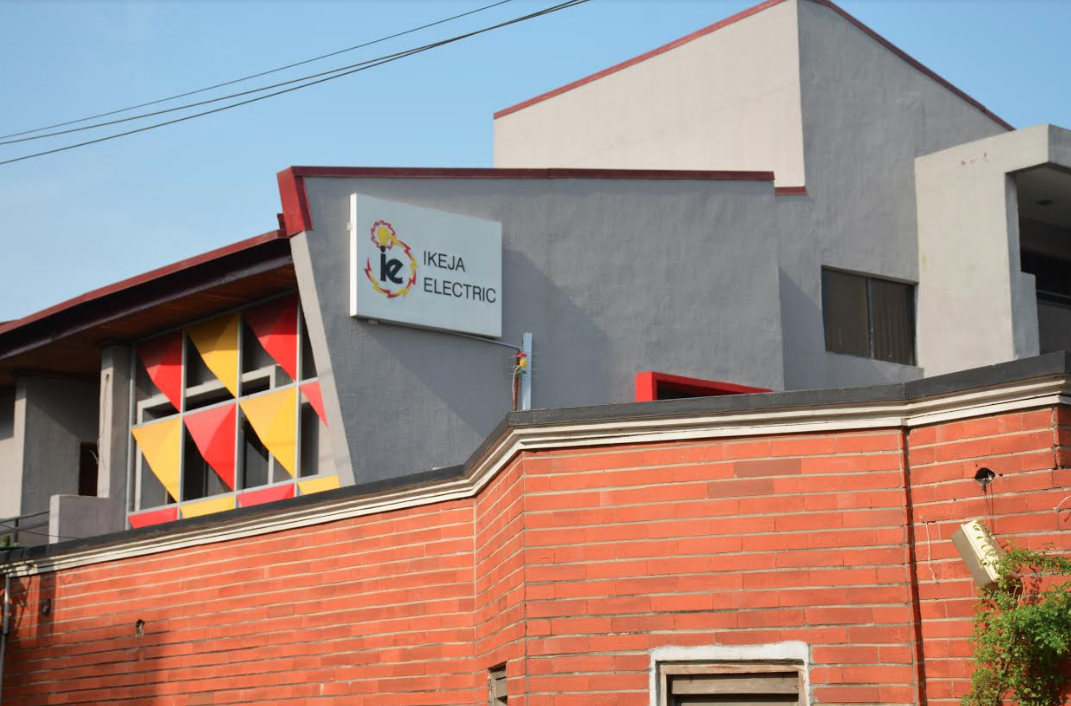
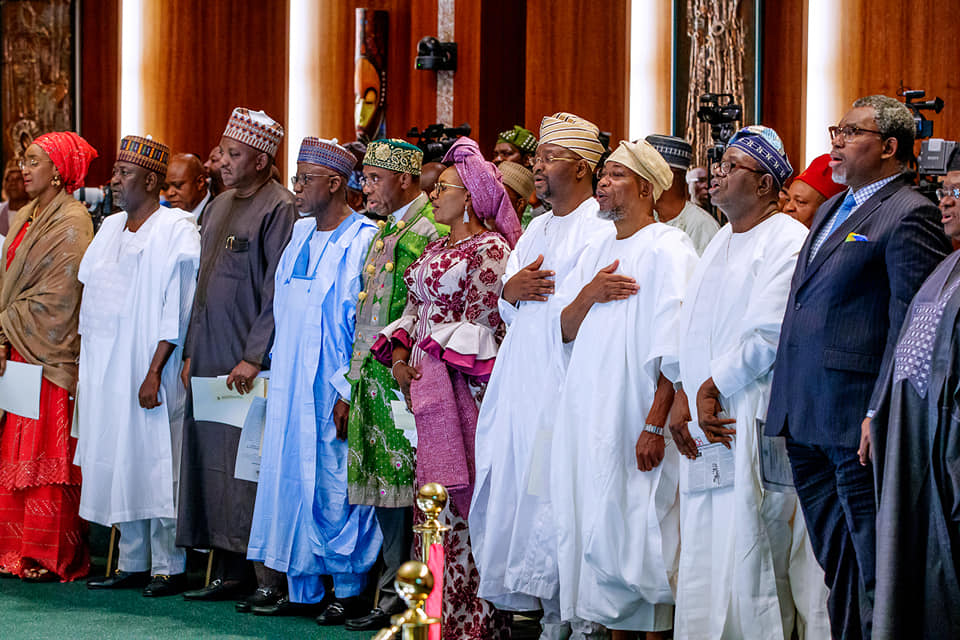
Trillions of economic experts cannot solve Nigeria’s economic problems unless naira is valuated and CBN manouverings stoped for currency stability.